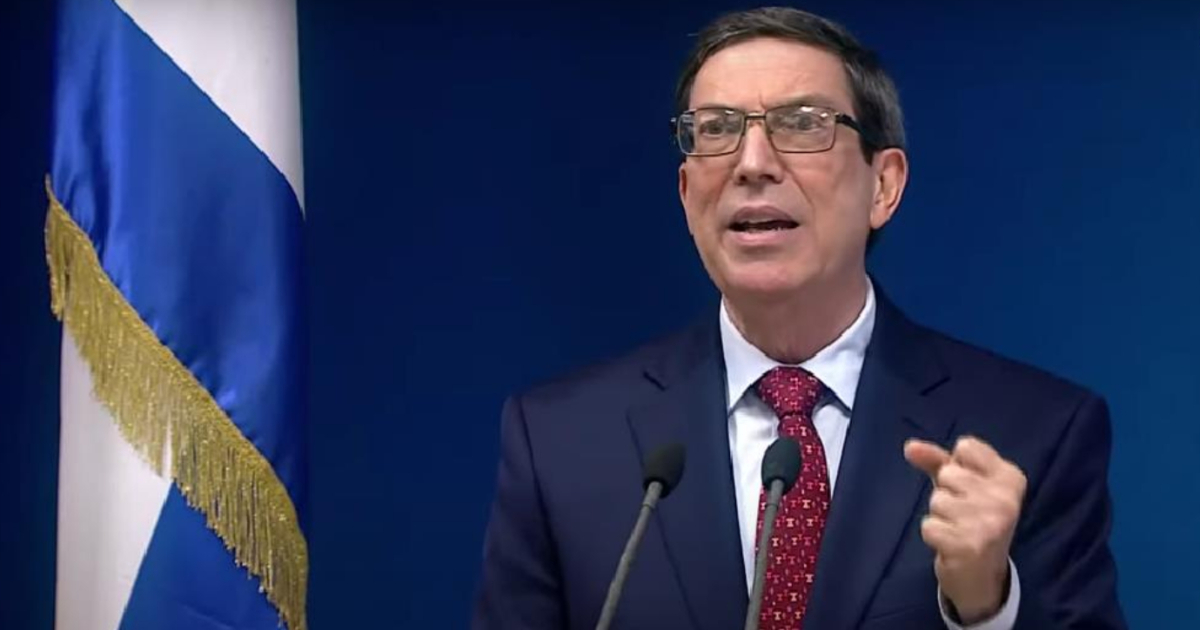
The Cuban Foreign Minister Bruno Rodriguez Grill protested against the rejection of United States Department of Justice to connect an underwater telecommunications cable with Cuba.
"The absurd and dishonest designation of Cuba as a state sponsor of terrorism It continues to be a pretext to cause harm to the Cuban people. This is demonstrated by the recommendation of the United States Federal Communications Commission against the submarine cable license that Cuba needs," Rodríguez said on Twitter this Thursday.
On November 30, the United States Department of Justice recommended to the Federal Communications Commission (FCC) deny the permission requested by the ARCOS-1 USA Inc. system. for the installation of an underwater telecommunications cable that would connect the United States territory with Cuba.
The United States government argued that there are "risks to national security" and "a counterintelligence threat" if the cable is allowed to be installed.
The response of the US government did not please the Cuban State, which once again denounced the inclusion in the list of Countries sponsoring Terrorism, a measure taken during the mandate of Donald Trump and that the president Joe Biden Has kept.
Another public official from the Cuban Ministry of Foreign Affairs who protested using social networks was Vice Minister Carlos F. de Cossio, who said that the US government's recommendation is a "punishment for the Cuban people."
"This is the way in which the United States government is supposed to fulfill its declared commitment to promote the use of the Internet in Cuba, to express in practice its declared concern for the well-being of the Cuban people, whom it ruthlessly punishes with the economic blockade," Cossio said on Twitter.
The US government warned that it did not accept the placement of the cable because the cable landing system in Cuba would be property of the Cuban Telecommunications Company S.A. (ETECSA).
In the opinion of the US government, this would mean that the Cuban State "could access confidential US data that passes through the new cable segment through its control of ETECSA."
This project aimed to expand the reach and connect to Cuba through a landing station in Cojímar, in the Habana del Este municipality, in the Cuban capital.
In the United States there is the ARCOS-1 submarine cable system that connects the country with 15 other Latin American nations, including Venezuela, Colombia, Panama, Nicaragua and Mexico.
He first underwater communication cable in between United States and Cuba it worked August 21, 1867. On that date the first contact between E.O. Gwynn, mayor of Key West and Joaquín del Manzano, Captain General of Cuba.
What do you think?
SEE COMMENTS (11)Filed in: